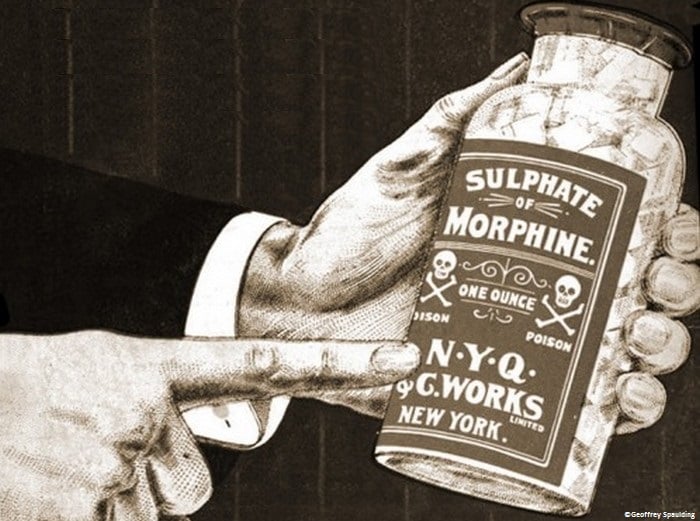The accuracy of a translation is always important as is meeting the agreed deadline. In the case of a medical translation accuracy is the most vital issue.
The accuracy of a translation is always important, and the deadline for the completion of an urgent translation often seems like a matter of life or death. However, in the case of a medical translation, accuracy is often the most vital issue.
1. ABBREVIATIONS: A FREQUENT PROBLEM
A particular problem arises when the translator has to deal with abbreviations, which is often the case in medical translations. In many cases, there are several possible abbreviations for the same term, and even sometimes the same abbreviation for multiple terms. A study analyzed medical errors in the United States; between 1,500 and 30,000 of them were due to confusing abbreviations.
2. OTHER PITFALLS: NEOLOGISMS, SYNONYMS, AND THE EVOLUTION OF LANGUAGE
One of the peculiarities of the medical language is the constant emergence of neologisms (newly coined words or expressions), the ubiquitous presence of synonyms, and the constant mixing of obsolete (or soon-to-be obsolete) terms with new emerging terminology. The pace of this change often makes it difficult to update and correct referencing dictionaries and specialized glossaries which leads, in turn, to translation problems.
3. THE POORLY TRAINED TRANSLATOR: THE MOST COMMON SOURCE OF ERRORS
However, the most common cause of translation errors in the medical field is the same as in legal and marketing translations: a poorly trained translator. Let’s consider two examples:
- Medullary thyroid cancer: Sometimes we find the following translation: « spinal cord cancer » when the term « medullary thyroid carcinoma » should be used.
- Mild dementia was often translated into «light dementia» when the correct term is «mild dementia.»
4. MEDICAL TRANSLATION BY A MEDICAL PROFESSIONAL: A FALSE BENEFIT
We may then be tempted to entrust a medical translation to a doctor at the expense of good language skills. But tests show that it is better to opt for a translator who has been specially trained in the medical field. In the end, it seems that translation is a profession that requires a certain know-how…
5. BADLY TRANSLATED INSTRUCTIONS: A CONCRETE EXAMPLE
The Mediapart blog reports the case of 47 badly implanted knee prostheses in a Berlin hospital. The cause of the problem? A badly translated instruction manual. The original text in English stated non-modular cemented prostheses. This phrase was translated as « prostheses that do not require cement ». These prostheses were therefore implanted without cement, with the unpleasant consequences that we can imagine for patients.
In short, nothing can replace a well-trained and specialized professional to ensure the quality of a translation, especially in an area as sensitive as medicine.
Discover our translation agency.



